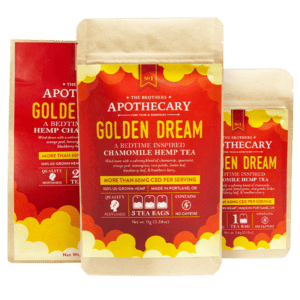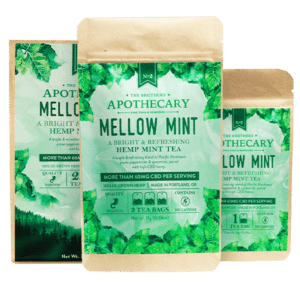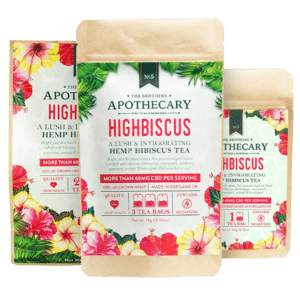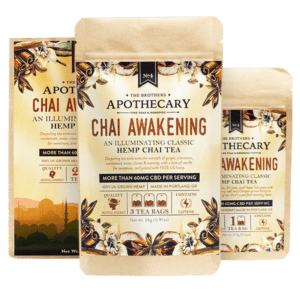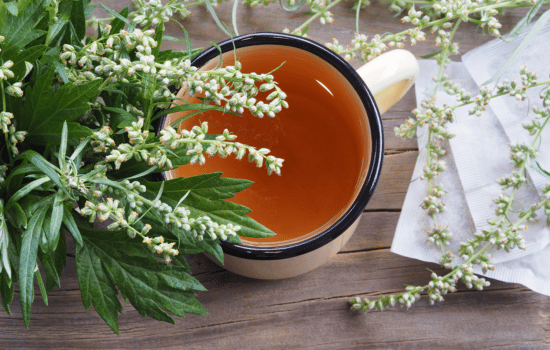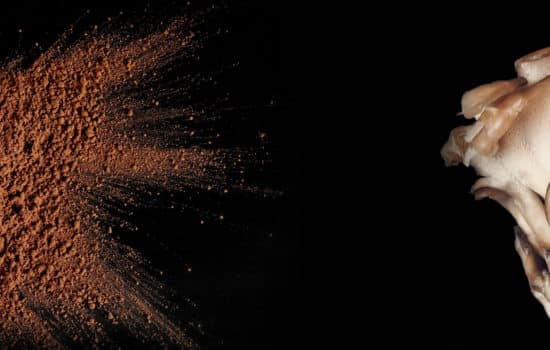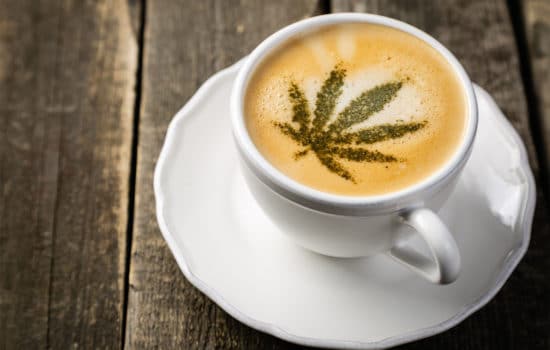If you’ve gone shopping recently, chances are you’ve seen a coconut product while out and about.
From hair and skincare products at the pharmacy and non-dairy milk options at your coffee shop to baked goods at the grocery store, coconut seems to be taking over, and with good reason.
This tasty tropical fruit of the coconut palm is literally filled with nutrients and health benefits. Everything within the coconut shell, such as its water and meat, can be used to support your well-being from the inside and out.
What Are Some Benefits of Eating Coconut?
The coconut flesh, also known as coconut meat or kernel, is the fleshy white part of the coconut that lines the inside of the shell.
Coconut meat makes up 52% of the coconut fruit. In fact, the electrolyte-rich coconut water comes from young coconuts before the water solidifies into the meat. This sweet-flavored meat is also nutrient-rich and can benefit your health and well-being in many ways.
Whether you top your oatmeal with shredded coconut, add coconut cream to smoothies for added flavor and texture, or use coconut flour in your baked goods, the benefits of coconut are plentiful.
Fatty Acids
More than most fruits you’ll find, coconuts have high-fat content. About 89% of the coconut’s fat content is saturated fat, many of which are medium-chain triglycerides (MCTs). This type of fat is thought to be absorbed into the small intestine, where it is used directly for energy rather than stored.
The MCTs may also serve as a replacement form of energy to glucose, which can support healthy brain function.
Heart Health Support
The MCT fatty acids found in coconut meat and oil can increase HDL cholesterol levels, which is considered “good” cholesterol.
One study found that Polynesian Islanders who ate more coconut milk, oil, and water had healthier blood lipid levels, which includes HDL (“good”) cholesterol and LDL (“bad”) cholesterol.
There is, however, conflicting evidence on whether the fatty acids in coconuts lower LDL (“bad”) cholesterol. Some studies have found that they can, while other research found that coconuts may increase HDL and LDL cholesterol. More research is needed to understand this further.
The medium-chain fatty acids may also help destroy bacteria that can cause plaque to build up and block the arteries.
Blood Sugar Management
Unlike many other fruits, coconuts are low in carbs. Instead, coconuts are high in insoluble fiber, which can slow digestion and≈ support glucose metabolism.
The mineral manganese, alongside potassium, phosphorus, and magnesium, can be found in fresh coconut meat and is also known to support the metabolism of carbohydrates.
Coconut flesh also contains high levels of arginine, an amino acid that supports healthy pancreatic cell function. The pancreas is responsible for producing insulin to control blood sugar levels.
Research also suggests that the arginine content in coconuts may support insulin production, which can help manage blood sugar in the body.
Antioxidant Boost
Along with MCTs, coconuts also contain vital and antioxidant-rich B vitamins, minerals, and phenolic compounds.
Antioxidants work to limit the harmful effects of oxidative stress, which can destroy healthy cells and wear on the heart due to overexposure. The gallic acid, caffeic acid, salicylic acid, and p-coumaric acid can combat oxidative stress by introducing antioxidants into the body.
The high levels of copper and iron in coconuts are needed to form red blood cells and selenium–another antioxidant that helps protect your cells.
Immune Support
A surprising number of the coconut’s active ingredients and compounds are thought to support immune health, including lauric acid, manganese, zinc, and arginine.
The lauric acid, antimicrobial lipids, and capric acid – all MCTs found in coconuts – may have antiviral and antifungal properties that protect the body from viral or bacterial infection. Once in the body, lauric acid can be converted into monolaurin, a chemical that can help ward off the common cold and flu.
Manganese can also support the metabolism of protein, which is vital for immune function. Amino acids, which are the building blocks of protein, such as arginine, aid the immune response by regulating the activation of lymphocytes and the production of antibodies and cytokines.
Oral Health
The antibacterial properties associated with coconut’s medium-chain fatty acids can reduce the bacteria in the mouth known to cause bad breath, tooth decay, and gum issues. Lauric acid, in particular, is believed to have strong antimicrobial properties.
If you’re interested in using coconut to support mouth health, you’ll want to engage in oil pulling, which involves swishing virgin coconut oil (typically around one tablespoon) in your mouth for 15 to 20 minutes. The goal is to pull the oil through the teeth, where the fatty acids can catch bacteria and plaque with each pull, ultimately removing them from the mouth.
Does Coconut Offer Benefits When Applied To Skin and Hair?
Along with its many nutritional benefits, coconut can also provide support when applied topically to the skin and hair.
Moisturization
Along with boosting your heart and oral health, the nourishing fatty acids in coconut oil work as a moisturizer by helping to seal water into the skin.
The antioxidants in coconut oil can also help reduce wrinkles and lines by subduing the free radicals that destroy healthy skin cells.
Skin Barrier Protection
Ensuring the skin is hydrated is also an important way to support the skin’s role as a barrier, which is vital to keeping out bacteria and avoiding infections.
The antimicrobial properties of lauric acid allow the coconut oil to further benefit skin health, as several skin infections come from bacteria or fungi entering the skin.
In a study of 30 different types of fatty acids, lauric acid proved the most effective at stopping the growth of bacteria. With lauric acid accounting for approximately 50% of the MCTs in coconut oil, it’s no wonder this has become such a popular skincare product.
Removes Makeup
The fatty acids in coconut oil also have the impressive ability to break up the water-resistant matter, making it a powerful makeup remover. You can liquify coconut oil in your hands by warming it and then rubbing the liquified oil onto your skin until the makeup has melted down.
Easy On Sensitive Skin
Coconut oil can be a calming relief for sensitive skin, as it doesn’t contain any harsh chemicals. Thanks to its antioxidant properties, the hydrating coconut oil can also reduce swelling that can cause dry and irritated skin.
Supports Healthy and Nourished Hair and Scalp
Coconut oil can support healthy hair, thanks again to its high lauric acid content.
The hair contains the protective cuticle outer layer, thick cortex, and soft, central medulla. A regular routine of washing and drying your hair can whittle away at the cuticle layer, diminishing its ability to protect the rest of the hair shaft.
However, lauric acid helps the body more easily absorb coconut oil into the hair shaft than other oils, protecting the inner layers. This helps limit protein loss, which keeps your hair looking and feeling healthy.
The antiseptic and anti-inflammatory properties of the coconut oil’s fatty acids can also help hydrate the scalp and reduce dandruff.
Antimicrobial Properties
With MCTs’ antiseptic and antibacterial properties, there is evidence that applying coconut oil directly to the skin can help limit bacteria and infections and even support wound repair.
Coconut Oil As A Carrier Oil
Just when you thought coconut oil couldn’t possibly do any more, we have one more impressive quality to share: the fatty acids in coconut oil make it the perfect carrier oil to pair with cannabinoids.
Fatty oils boost the bioavailability of CBD because CBD is fat-soluble and not water-soluble. This means that in order to reap the many benefits of CBD, it needs to be accompanied by a substance with a high-fat content that is capable of breaking it down into a form the body can absorb.
Coconut oil is the ideal carrier because its saturated fat content breaks down CBD better than other types of fat can. Coconut oil can support the bioavailability of CBD topicals and edibles alike.
Conclusion
With so many different benefits, it is hard to go wrong with coconut. Whether you plan on using coconut oil as a hydrating addition to your skincare routine or a sweet carrier for CBD, adding an antioxidant boost to your morning coffee with a splash of coconut milk, or incorporating coconut into a tasty and energizing snack (one of our favorites: our very own Brothers Three Ingredient CBD Coconut Fat Bombs), there are so many delightful ways to enjoy the benefits of the coconuts.
Sources:
Coconut oil consumption and cardiovascular risk factors in humans | Nutr Rev
Amino acids and immune function | Br J Nutr
Skin Barrier Function | Curr Allergy Asthma Rep.
Jesse Richardson is the co-founder of The Brothers Apothecary. He's an avid tea drinker and the primary creator behind The Brothers' products. An undergraduate of UCLA for Political Science, Jesse currently studies Medicinal Plants at Cornell University and The International School of Herbal Arts & Sciences.



